Are You Setting Boundaries, or Erecting Barriers?

A lot of us are erecting barriers and calling them boundaries. This would be okay if we weren't confused when the health of our relationships crumble after the fact.
So, let’s taco bout it.
Barriers: The Roadblock
When we avoid a conversation that could heal the relationship?
When we pick a fight instead of saying what’s on our mind?
Ghosting that person that rubbed you the wrong way & couldn’t take a hint?
When a friend steps out of bounds and should’ve known better, and now things will never be the same?
Never asking for help when you need it?
Picking a fight when someone's help doesn't look exactly like we wanted it to?
Going no contact with family?
These are barriers.
We can define barriers as the roadblock version of boundaries. Meaning: they’re not here to repair the relationship or bring us closer together. They’re here to block connection and intimacy instead.
They’re here to push people away.
Usually we use barriers to sacrifice the relationship in an effort to protect ourselves.
I want to be clear that I'm a pro-choice kind of person. Sometimes barriers are necessary. It's a good survival skill to know how to use when you need it. Like if your family is actually abusive every time you give them an inch, some well-laid barriers may be the best tool for the job of taking care of yourself.
Not to mention the fact that most of us learned barriers over boundaries in childhood. We learned them from the people who raised us and they became a needed tool to survive. So it's not our fault if that's the best tool we've got right now.
Trusting yourself to use barriers when necessary is crucial for safety and survival.
Lastly, it's really common to see people start their boundaries practice and go into barrierland instead. I did it, and still do if I'm not careful.
I say all of this to say that barriers matter, but they’re not the same as boundaries. So it’s important to know the difference and how to use each one with intention.
Barriers are necessary when people are unsafe. But people aren't always unsafe. In fact, I'd argue people are rarely as unsafe as we think they are. More often, we're unskillful in our practice of safety and safe collaboration with people. But most people are good hearted people who are learning, just like you & me.
With these people and in these situations, barriers become an old coping mechanism we no longer need to survive.
We still need protection though. We still need tools.
And those tools are actual boundaries.
Boundaries: Gateways to Safe Relationship
Did you notice how I said barriers are self protective at the expense of the relationship?
A well-laid boundary will protect self and the relationship as a whole. Where barriers push people away, boundaries give us a blueprint for closeness. And where barriers are rigid and close us off, boundaries are porous and open us up.
Boundaries are "the distance at which I can love you & myself at the same time". The whole intention of a boundary is to create relational safety for us to connect. Not to push people away.
Therefore, boundaries act as guidelines for how we’ll interact safely in a relationship with one another. The lines are clear and often communicated. We communicate those boundaries with a specific intention, too: to give our loved ones a fair opportunity to show up in a way that feels safe to us.
If we're communicating it to get someone to "back off", we're in a barrier headspace.
I know this all feels very theoretical, so let's piggyback off some examples from above.
Some Examples:
Instead of avoiding the hard conversation, we set guidelines for how we'll participate. The intention is to have the hard conversation in a safe way that will lead to resolve. Some guidelines (boundaries) may look like:
- Be up front that my intention is to resolve this, not to fight. And that this relationship is important to me.
- Talk about my own experience, my feelings, and my needs.
- Don't force my assumptions about theirs. That's a form of hijacking. Instead, get curious and let them tell me what their experience, feelings, and needs are. Be open to learning something.
- Listen to really understand them before responding.
- Ask for clarity if something they say rubs me the wrong way. "So, to make sure I'm hearing you, what you're saying is..."
- Trust my intuition for myself, but let them have their story for themselves.
- Strive for collaboration over compromise, so both of our needs can be met.
- If anyone goes above a 4, call a time out before we say anything that we’ll regret. We can pick it back up when it calms down.
Notice how these boundaries protect me, the other person, and the relationship as a whole.
The same is true for the following...
Instead of ghosting the person that couldn’t take a hint: stop dropping hints. People can't read my mind. State my boundaries and needs up front. See how they respond to direct communication before making any unfair judgments about their character or value in my life.
When a friend steps out of bounds, instead of assuming they should “know better”, assume they have their reasons. Just like I do. They're living a whole individual experience over there that's different than mine.
So, be honest about how their behavior made me feel, but also get curious about how they feel and why they did what they did. Assume we both have good hearts because I tend to be a good judge of character for real. Choose friendship over my ego by working with them to figure out how we can make sure this doesn’t happen again.
Instead of never asking for help, learn to lean into vulnerability through practice. Start by asking for help in small ways. And be careful to ask for help from people who’ve demonstrated they’re happy and able to help in the ways I need support.
Instead of going no contact with family, consider the types of situations and experiences I can safely have with them while we work the rest out. Also consider whether my expectations of their behavior is actually accurate.
I may be setting them up to fail, and myself up to be disappointed, by expecting more than they currently have to give and then pushing them away when their humanity isn't working to my benefit.
The Truth Is, Boundaries Take More Work
Barriers are easy. It just takes us blocking a connection. It's like throwing out a banana peel on the track in Mario Kart. Push of a button and connection, blocked.
This is what makes them so handy as a survival tool. In an emotionally chaotic environment when we're at our max, or being gaslit and feeling confused, we can easily push someone away by erecting a barrier. This gives us some peace of mind, and some space for our nervous system to calm down.
There's a time & a place, for sure.
But boundaries? Those take more self reflection, more patience, more empathy, more emotional nimbleness, and more flexibility.
And they require us to develop a practice of boundaries, which you can learn more about below.

Why give all that?
Because then the relationship are less chaotic to begin with. We need fewer barriers overall. We finally find ourselves surrounded by safe people by being a safe person. If barriers are a go-to tool in our toolkit, we're not going to be very emotionally safe for the people in our lives who want to build sustainable connections with us.
We become the ones who aren't so reliable in the end because we're so quick to quit instead of work stuff out.
So it's also true, in my experience, that the safest people to be in relationship with are people who have the patience for the work boundaries actually requires.
Setting them up is the hardest part. Thinking of them and deciding on them is tough. But after they're established, they tend to sustain the relationships we already have. They give us and the people around us an opportunity to settle into safety with one another.
They protect the relationships as a whole from having to be so chaotic all the time, without having to push each other away. That's what boundaries are for.
And the practice gets easier overtime. We get a handle of our go-to, core boundaries, and find it easier to attract people who are a natural fit for them anyway.
Boundaries are here to help us establish safe and healthy relationships. Any time the boundary you’re setting effectively pushes someone else away, consider whether that’s a boundary or a barrier.
Either one is okay. Just make sure you're setting them with intention so you don't push everyone around you away, then wonder why.
Rooting for You,
Tori
Related Reading:
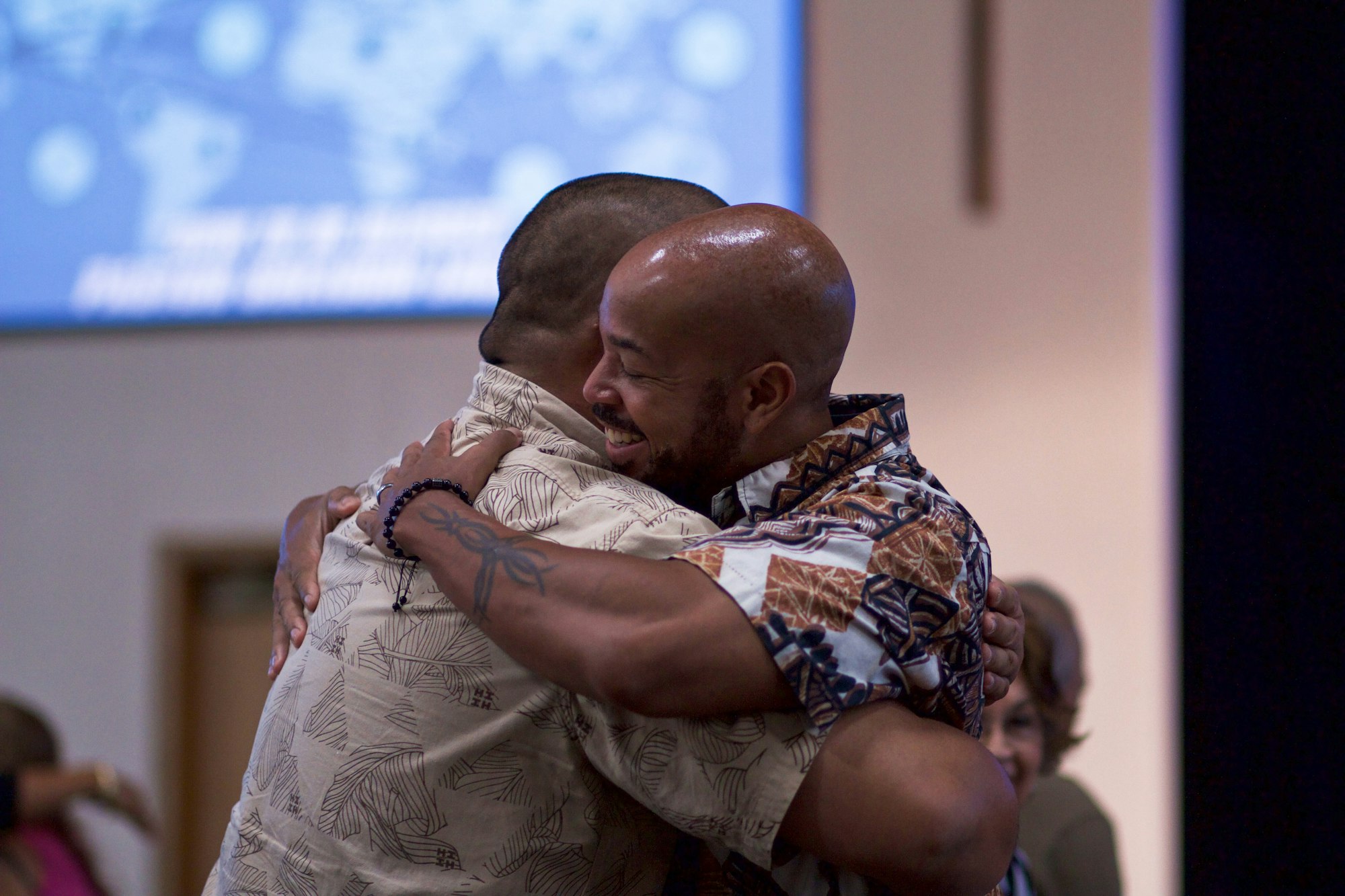
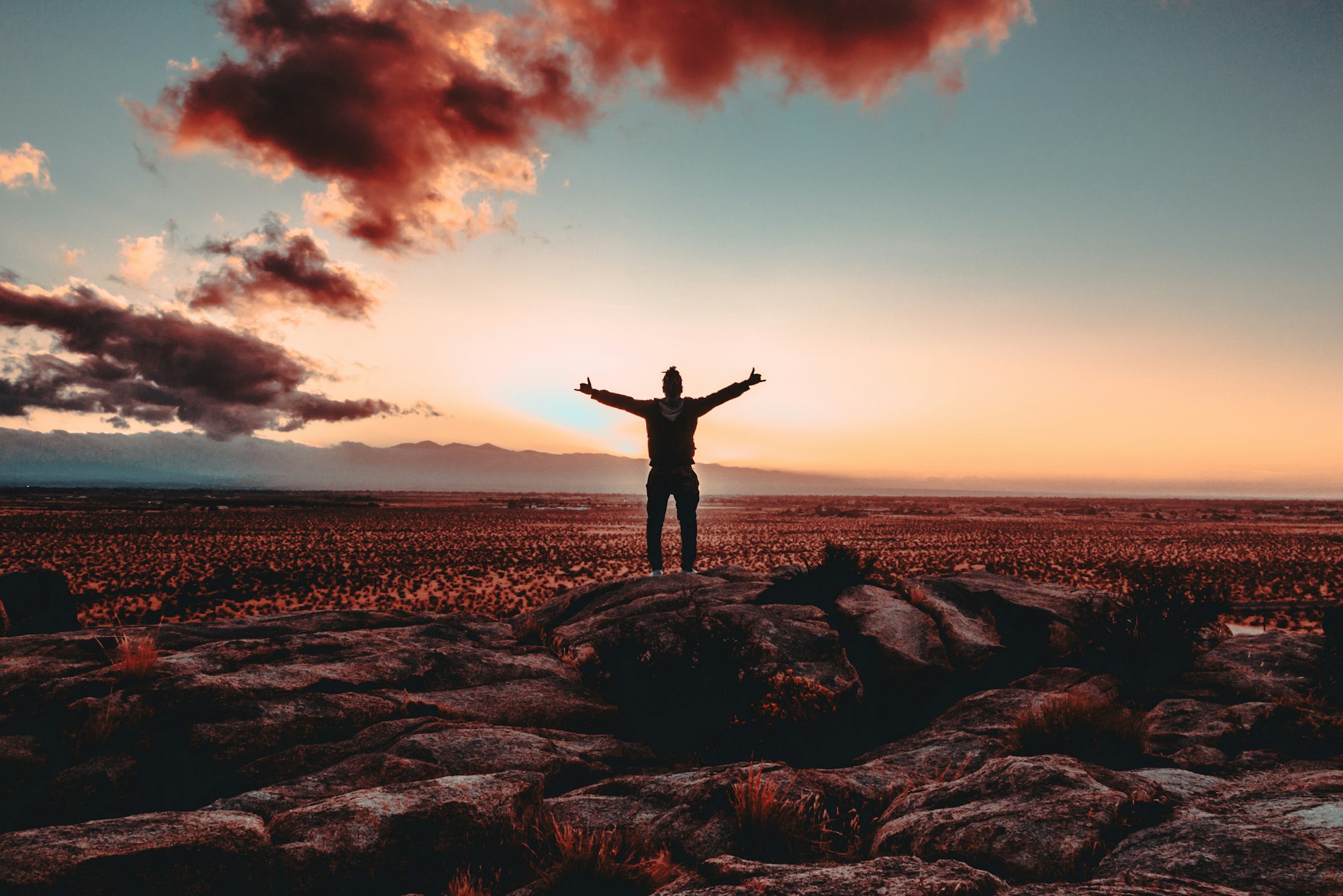
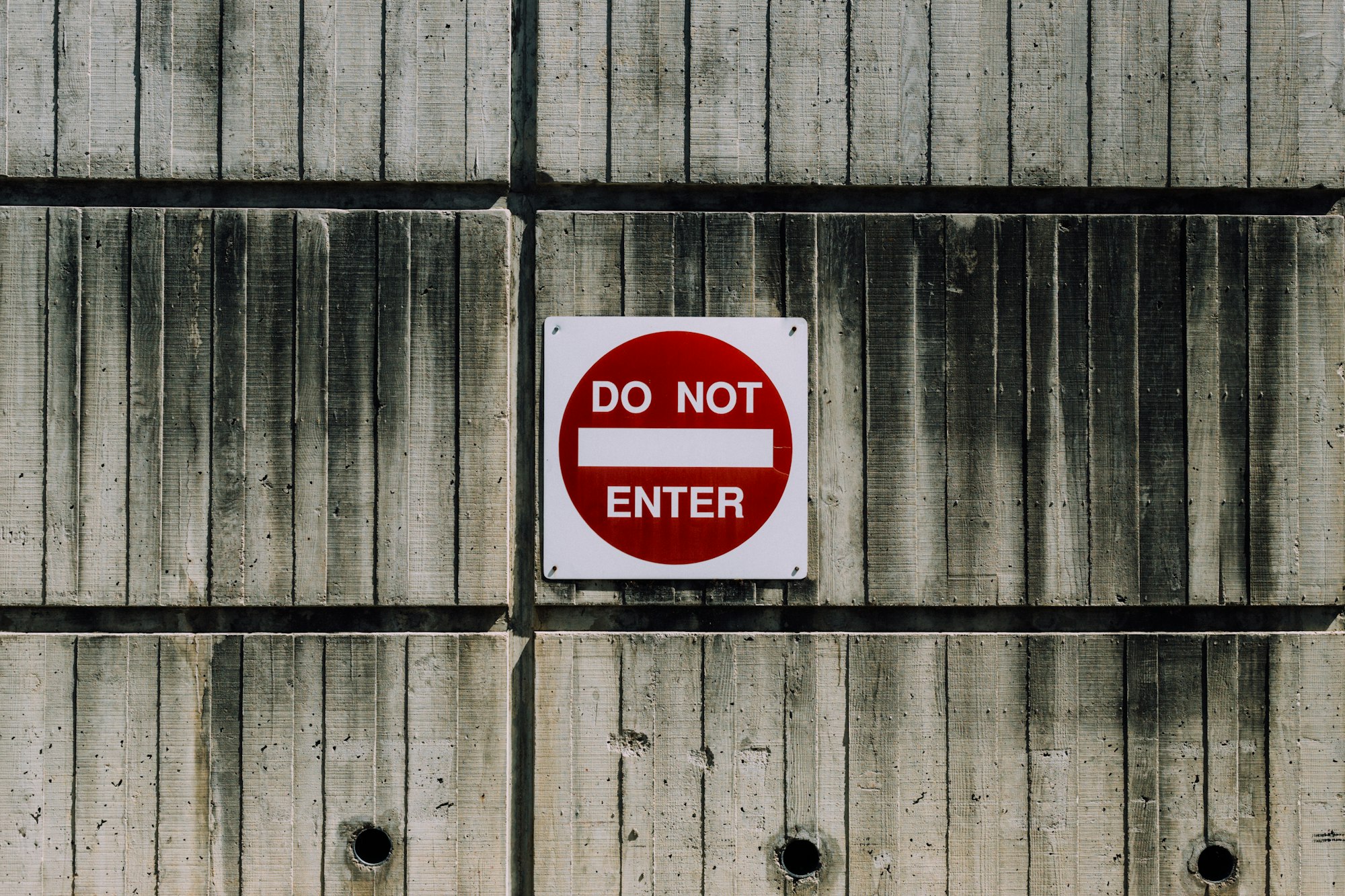
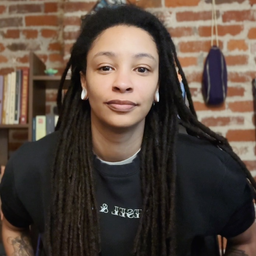
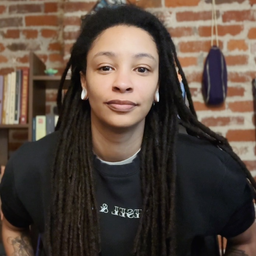
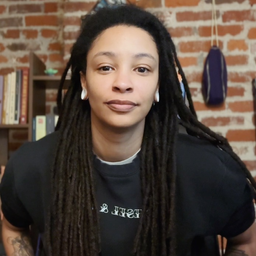





Member discussion